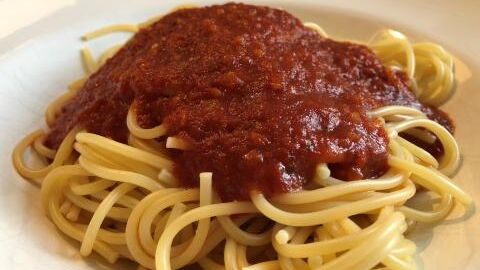According to the British Soft Drinks Association, manufacturers have 'just a few days' of carbon dioxide (CO2) in reserve, and cannot import supplies from the European Union owing to Brexit.
Discover our latest podcast
In a statement on Monday, the trade group said that manufacturers have no visibility on the stock levels or an update on the arrival of the next batch. This comes as a consequence as most of the suppliers of carbon dioxide do not schedule deliveries earlier than 24 hours in advance, indicating a widespread shortage of CO2 in Britain's food and drink sector.
The gas is also used in stunning animals before slaughtering them and in meat packaging. Meaning, with the current rate of consumption, the industry is likely to run out of supply in approximately 5 days.
Imports are a no-go!
The most probable solution in such a scenario would be to increase the supply. However, that possibility of the same is highly unlikely. As the Dutch plant, which the UK sources CO2 from, prioritizes EU clients more, so it cannot rely on imports from the EU as well. The Norwegian plant is currently closed due to maintenance. Hence, the trade association has issued a warning.
Reportedly, the warning comes after AG Barr Plc declared that its production of carbonated drinks could be impacted if the situation worsens in Europe. A similar situation had struck the UK in 2018 when the operators closed down production facilities for maintenance. The scenario is different now, as two of the largest fertilizer plants might cease operation.
Effect on food and drink industry
Ever since the fertilizer maker CF Industries Holdings Inc. responded to the surging natural gas prices, the issue of CO2 supply has become severe. Yara International ASA, a competitor, is also reducing capacity in Europe. Thus, the knock-on effect of the food and drinks industry is dramatic and sudden since the gas is used in several ways, like increasing the shelf life of poultry and carbonated drinks.
Nick Allen of the British Meat Processors Association commented on its effect and told Sky News:
The animals have to stay on the farm. They'll cause farmers on the farm huge animal welfare problems and British pork and British poultry will disappear off the shelves.
We're two weeks away from seeing some real impacts on the shelves.
Allen said the government was striving to find a solution and that it might be able to persuade fertilizer manufacturer CF Industries to restart its UK operations.















